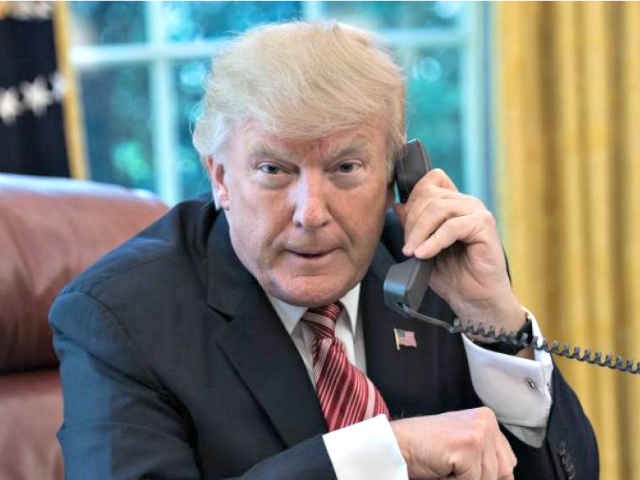


The baseline tariffs remain, specifically as they pertain to China. However, in a move to diminish public backlash President Trump has now exempted the majority of consumer electronics from the 125% reciprocal tariff levy.
 The types of electronic and computer systems exempted, as announced by U.S Customs & Border Protection, Cargo Systems Messaging Service [DATA HERE], is extensive. The machines used to make semiconductors will also be exempt.
The types of electronic and computer systems exempted, as announced by U.S Customs & Border Protection, Cargo Systems Messaging Service [DATA HERE], is extensive. The machines used to make semiconductors will also be exempt.
All of the following products are now exempt from the larger global tariffs, including the tariffs in place against China:
•Computers (laptops, desktops, servers) •Workstations •Computer systems •Keyboards •Mice •Hard drives •Memory modules (RAM) •Power supplies •Computer motherboards •Graphic cards •Semiconductor manufacturing equipment: •Photolithography machines •Etching and doping machines •Wafer handling robots •Cleanroom systems used in chip fabrication Used by companies like TSMC, Intel, and Samsung in chip production. •Smartphones •Mobile phones with data transmission capabilities •Devices like iPhones, Android phones, and similar mobile communication devices •Wireless routers •Network switches •Modems (cable, DSL, etc.) •VoIP equipment •Communication hubs •Internet gateway devices •USB flash drives •SSDs (solid-state drives) •Memory cards (like SD, microSD) •Other flash storage devices used in everything from laptops to cameras and game consoles. •Individual solar cells, unassembled •Photovoltaic cells assembled into modules or panels, with or without bypass diodes •Custom or specialty solar panels •Microprocessors (CPUs, SoCs) •Memory chips (RAM, Flash, etc.) •Logic ICs, analog ICs, mixed-signal ICs •Specialized application chips (ASICs, GPUs, AI chips) •Widely used in all electronics: smartphones, laptops, vehicles, appliances, industrial controls •All types of LEDs [SOURCE]
The exemption announced April 11th is retroactive back to April 5th. According to the announcement, companies who imported during the window of tariffs may request a refund due to changes in the Harmonized Tariff Schedule of the United States (HTSUS).
This is a major appeasement move to both the Communist Party of China (Beijing) and corporate tech titans like Apple.
There is no other honest framework to view this, other than President Trump retreated fearing backlash from corporate donors, Silicon Valley allies and the broader system of adverse politics.
Elon Musk won the argument, defeating Peter Navarro, Howard Lutnick, Scott Bessent and Stephen Miller. I was wrong. Obviously, Elon Musk has the most power and influence in the administration.

